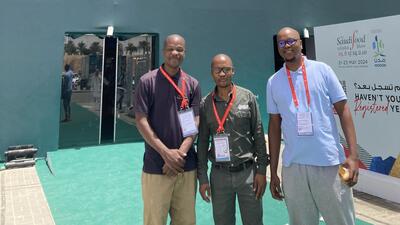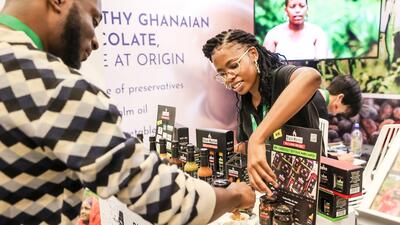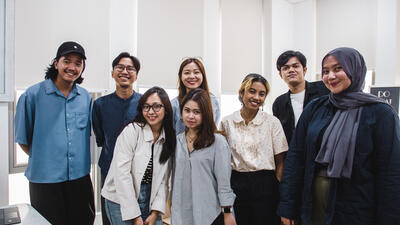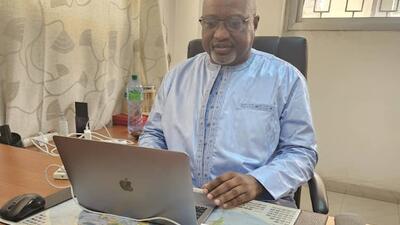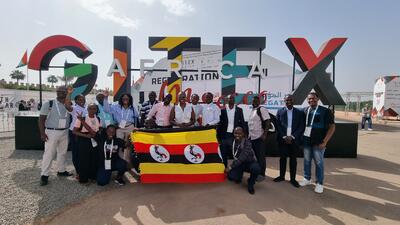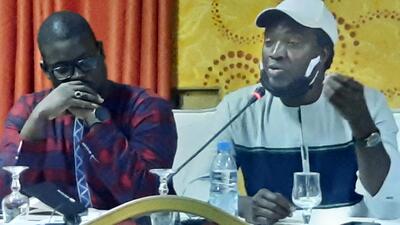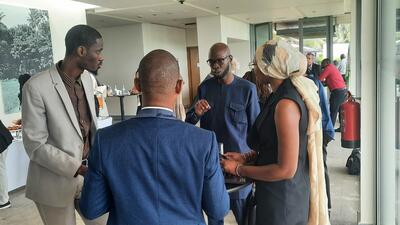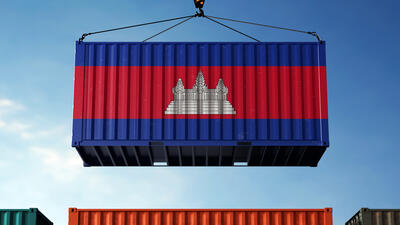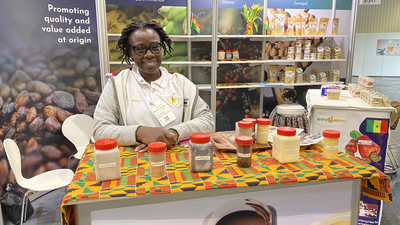Day two: Aid for Trade, the future of the multilateral trading system, and NTF II
Ministers stressed the importance of Aid for Trade during the second day of the World Trade Organization (WTO)’s Eighth Ministerial Conference. The comments came during informal discussion on the multilateral trading system.
In her opening speech the previous day, ITC Executive Director Patricia Francis also highlighted Aid for Trade as key to the development agenda.
Trade Ministers emphasized in their discussion the critical role Aid for Trade plays in 'mainstreaming trade into national development strategies', the need for trade finance and fortifying the role of the WTO Committee on Trade and Development. The global economic crisis has made developing countries, especially the poorest, vulnerable to restrictive measures taken by many WTO members to protect their domestic industry, said trade ministers, who urged wealthy economies to give them some 'political space'.
While ministers praised a decision to streamline membership negotiations for least-developed countries (LDCs), some cautioned against treating these nations as a homogeneous group with the same characteristics and the same needs.
Day two of the ministerial conference’s sideline events began with the International Centre for Trade and Sustainable Development (ICTSD)’s Trade and Development Symposium roundtable on 'The Future of the Multilateral System'. Marie-Gabrielle Ineichen-Fleisch, Member of the Executive Board of the State Secretariat for Economic Affairs (SECO), set the stage for debate stating that the strength of the system is that it is rules-based, not power-based, adding that protectionism continues to be a challenge and by fighting against that, the system will strengthen. She also noted that climate and the environment are two new challenges to the multilateral trading system. Panellists, including Ms. Francis, provided their views on the system. Ms. Francis spoke about challenges the private sector faces in the 21st century, noting specifically that the private sector in the majority of least developed countries does not have access to the complex mechanisms which are necessary to compete in world trade. Indonesia's Trade Minister, Gita Wirjawan, said that activism is a key to success in the multilateral trading system and that working in regional capacities, such as the Association of Southeast Asian Nations (ASEAN), can bring out positive results more quickly.
On the sidelines of the ministerial meeting, ASEAN said it supports development-focused decisions taken at the ministerial conference, such as those on a services waiver for LDCs and on and LDC accessions, as a first step to moving toward a global trade deal.
'Enhancing developing members’ capacities to participate more fully and openly in the multilateral trading system will allow trade-led growth to bring development to the economies which need it most,' said ASEAN, whose 10 members include LDCs.
Minister Wirjawan is participating in his first WTO Ministerial, having only recently been appointed. In the afternoon, he met with ITC to discuss plans to hold ITC’s World Export Development Forum in Indonesia in 2012. The agreement is set in principle, but the dates and venue are still to be determined.
ITC and CBI agreed at an official signing ceremony yesterday to work with Senegal to increase the country’s exports of mangoes to Europe. The Senegal NTF II project focuses on the export marketing, packaging, quality and trade intelligence issues along the value chain to better comply with requirements of European markets.



